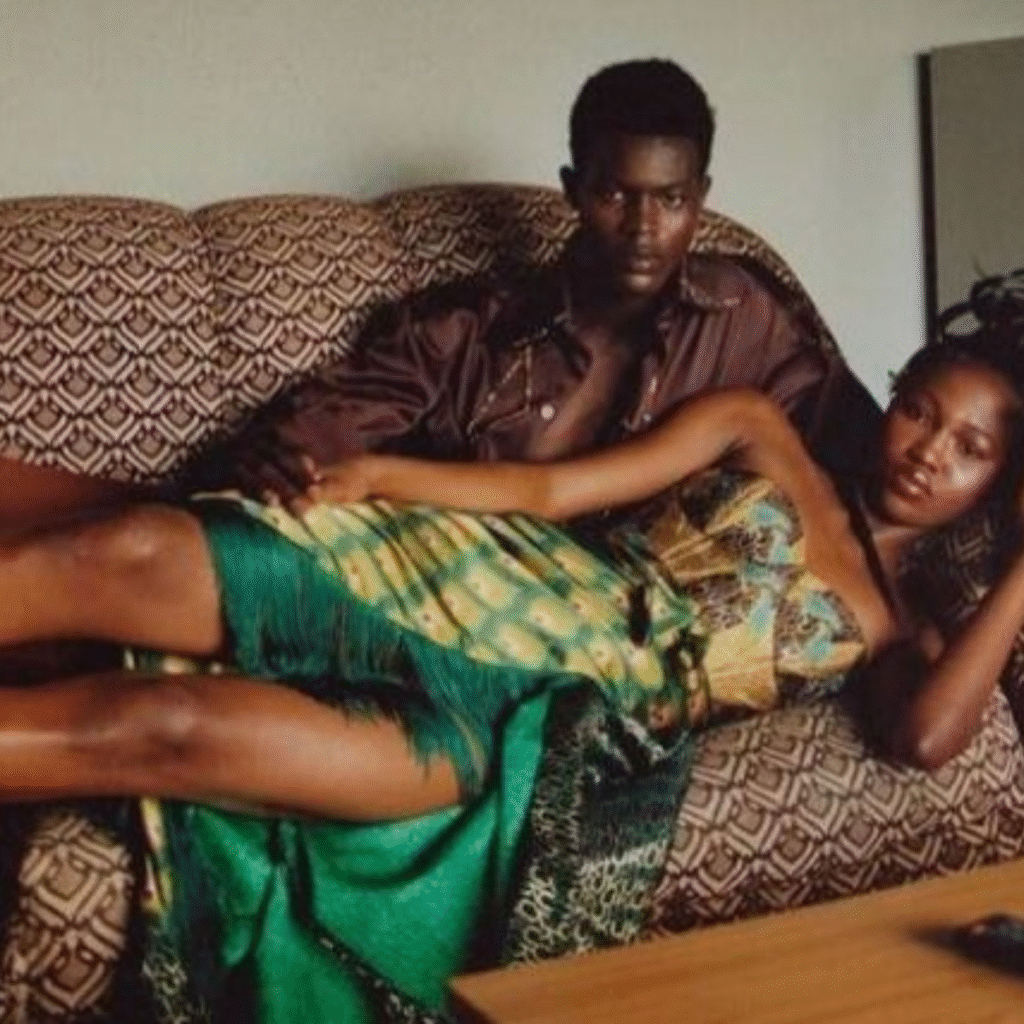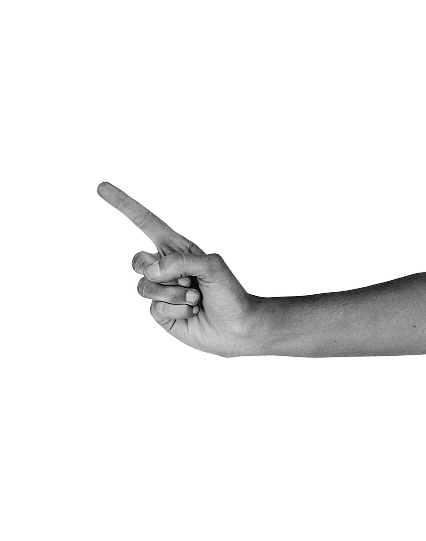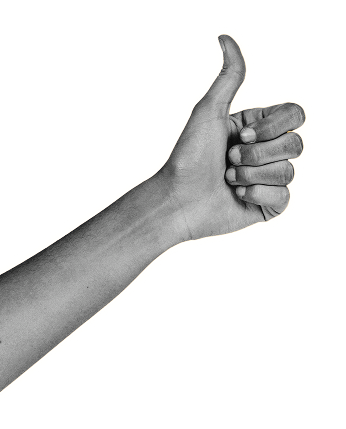
In this month’s reflection, I want to share something deeply personal, something that’s been challenging me for a while. It’s a conversation about my body—how I’ve struggled with body dysmorphia, how capitalism and colonialism have distorted the way I view myself, and the tension between my inner knowing and the external pressures placed on my body. I’m sharing this because I know I’m not alone in this experience. Many of us are navigating similar journeys, often silently.
My body is deserving of love and nurturing in all its stages. When will my body be enough?

Lately, I’ve been grappling with body dysmorphia as my body transitions into what society defines as a “grown woman’s body.” It’s not just about gaining weight or the absence of a flat stomach. It’s about not fitting the image the world says my body should embody. It’s about the absence of a size zero, the exclusion from certain fashions, the subtle messages from media that my body doesn’t belong, that it’s not beautiful, or worthy of certain clothes.
But, if I’m honest, this battle is not singular—it’s not just my story. It’s the story of many, especially in a world that treats bodies like trends, constantly shifting from one ideal to the next: from the heroin chic of the ‘90s to the “BBL bodies” of today, back to that same destructive, unattainable image. My body is not a trend.
The theme for this month’s issue centers around decolonizing our relationship with beauty, rest, and health—getting back to our bodies, not just physically, but spiritually and emotionally. I’ve been reflecting on my own relationship with my body, particularly how I’ve ignored it at times, as if it didn’t have value. I’ve lived in a world that told me my body wasn’t enough, or worse, that it wasn’t worthy of self-love because it didn’t fit some arbitrary image. But this body, the one I am learning to accept in all its stages, is a blessing. It is a reflection of the Creator’s design—unique, dynamic, and essential.
This body is a blessing. This body tells me truths.
I’ve come to realize that my body speaks to me in ways that cannot be ignored. It tells me when I belong, when I feel safe, and when I don’t. It tells me when I’m overwhelmed, when I need rest, when I need a mental break, when I need to be still.
My body is a reservoir of wisdom. Yet, for so long, I subscribed to colonial ideas about beauty and worth, ideas that told me my body was only valuable if it met certain external standards. It led me to trust external knowledge over my inner wisdom, disconnecting me from the very thing that holds the truth: my body.
But it’s not just about body image. For the last three years, as someone who manages social media for a living, I’ve been exhausted. I’ve been burnt out. As a neurodivergent individual, the pressure to constantly perform, to create content, to engage, to meet deadlines without ever truly resting—has taken a toll.
We live in a system where our minds and bodies are exploited, where productivity is demanded at the expense of our well-being. There is no break, no pause, no true rest. Our rest is not something we earn, it’s something we need. Yet in a world that profits off our labor, rest becomes a luxury, something to feel guilty for, as if we have to work ourselves into the ground to deserve it.
In decolonizing our relationships with beauty, health, and rest, we must also decolonize the way we view rest. Rest is not a reward; it’s a necessity. The idea that we must “earn” rest through labor is a colonial construct that keeps us enslaved to systems of production and exploitation. Our bodies, our minds, deserve rest simply because they are alive. We are worthy of rest because we are human, not because we’ve achieved some arbitrary level of productivity.
As we work to reclaim our bodies, let us also reclaim our right to rest. Let us honor our bodies and minds, recognizing that they are not tools to be exploited, but sacred vessels that need care, nurturing, and rest.
XXX,
Community.

